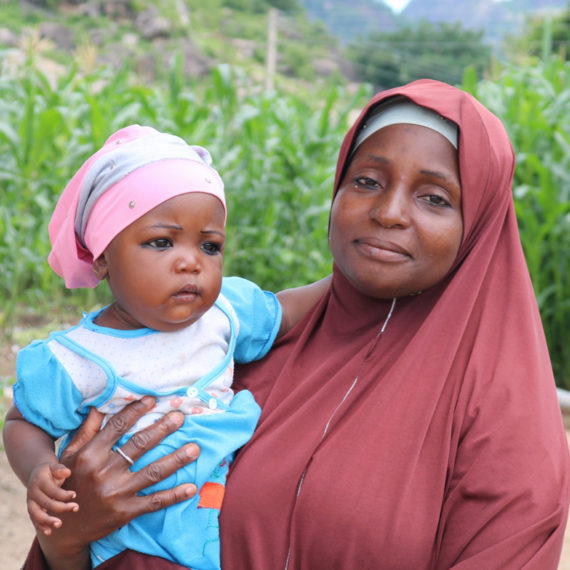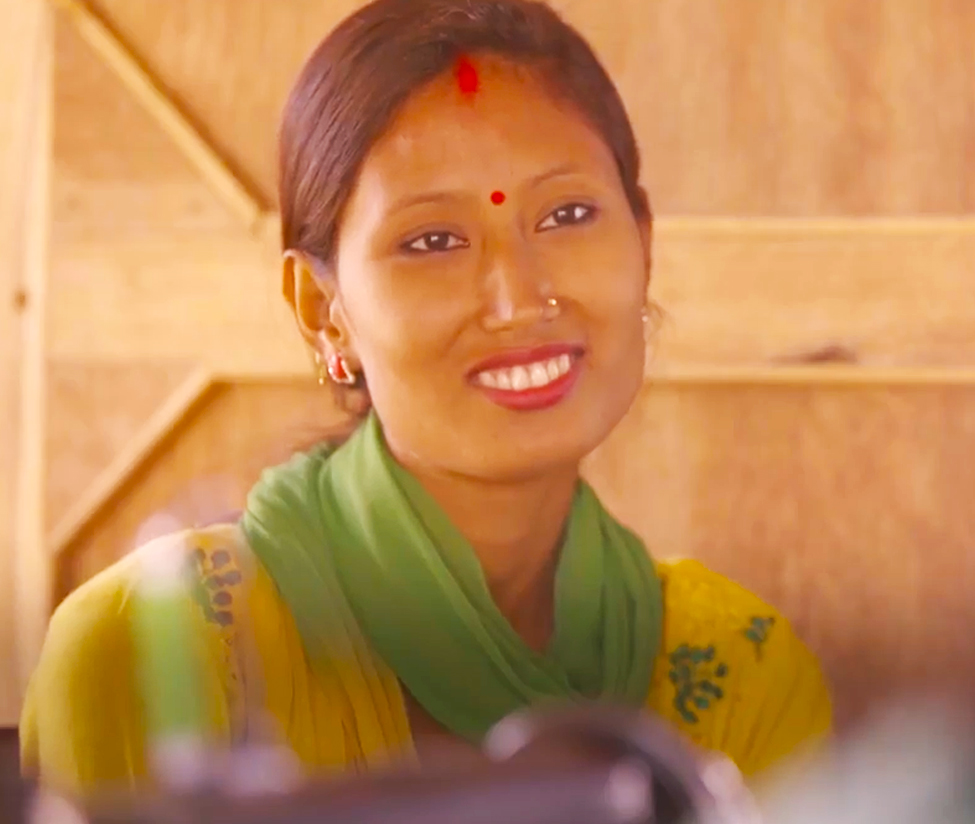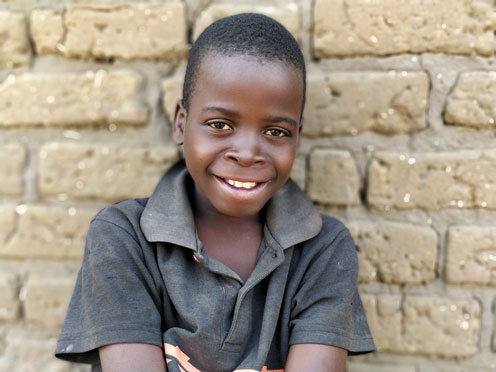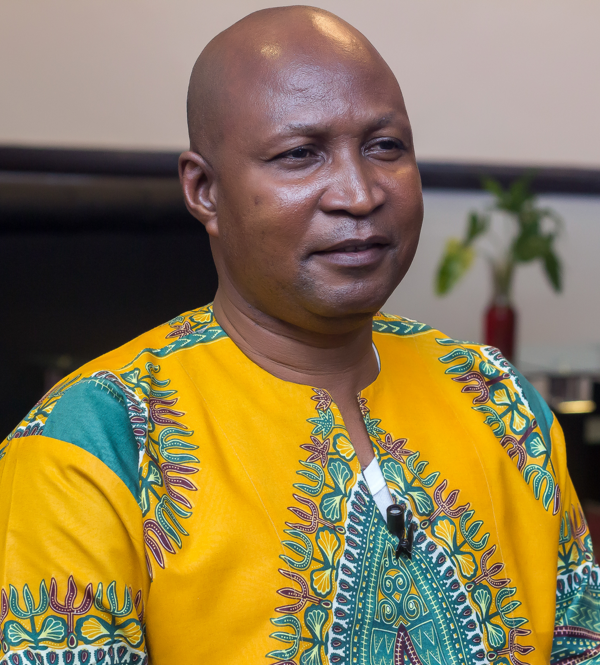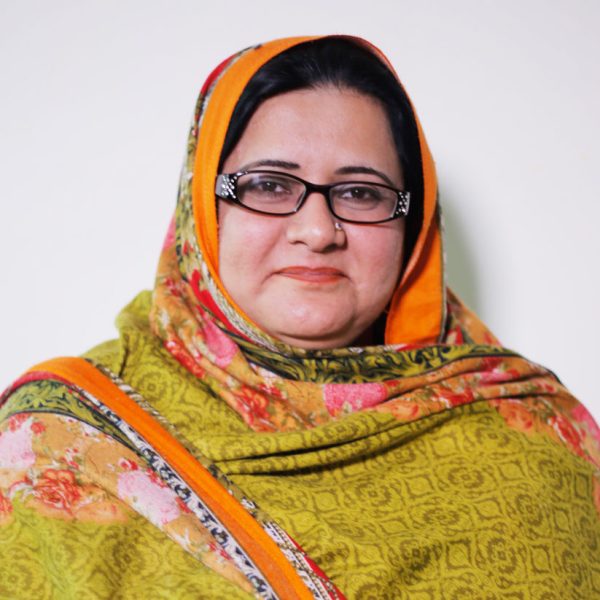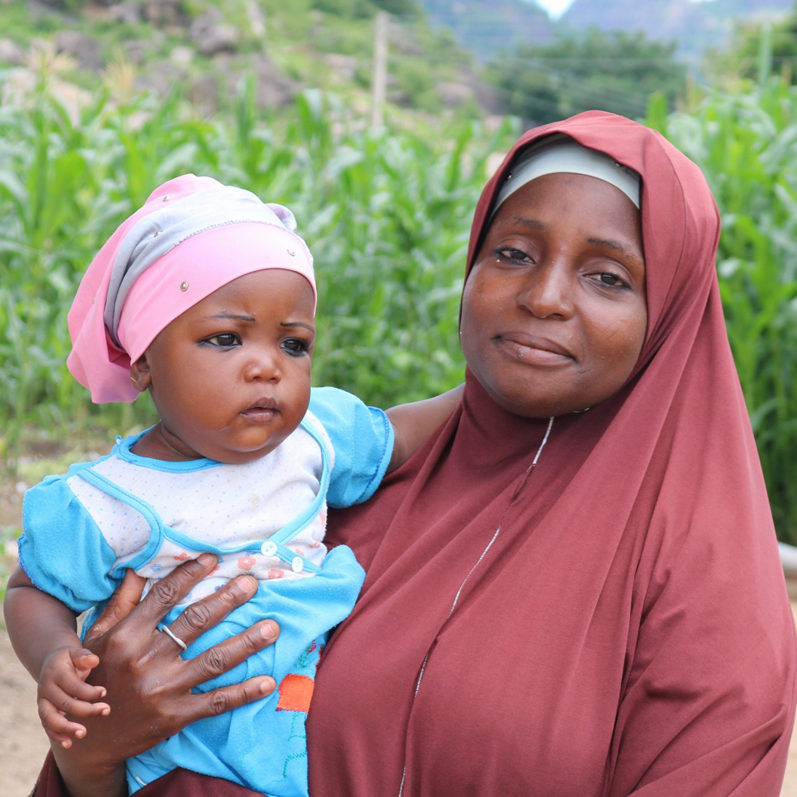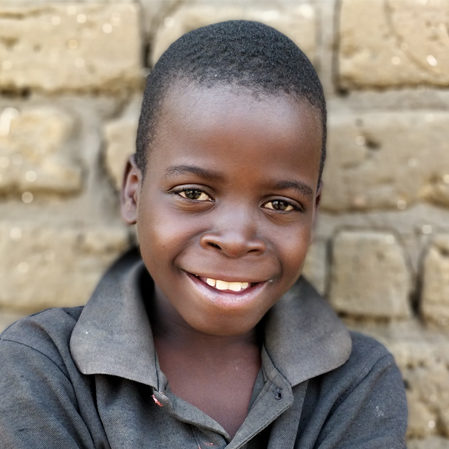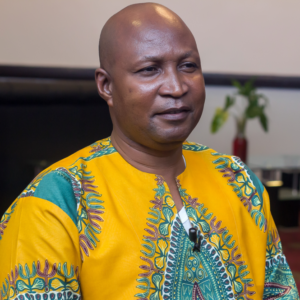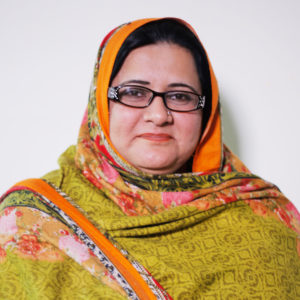Our mission: to inspire and enable people to make healthy choices for themselves and their families, from using condoms to sleeping under bed nets to visiting a doctor when they are sick. Since our founding more than three decades ago, our programs have reached billions of people from the cities of Nigeria to the most rural outpost in Nepal.
Every day in so many ways, the work of the Johns Hopkins Center for Communication Programs makes a difference in the lives of people around the world.
Explore some of our recent impact stories below.


